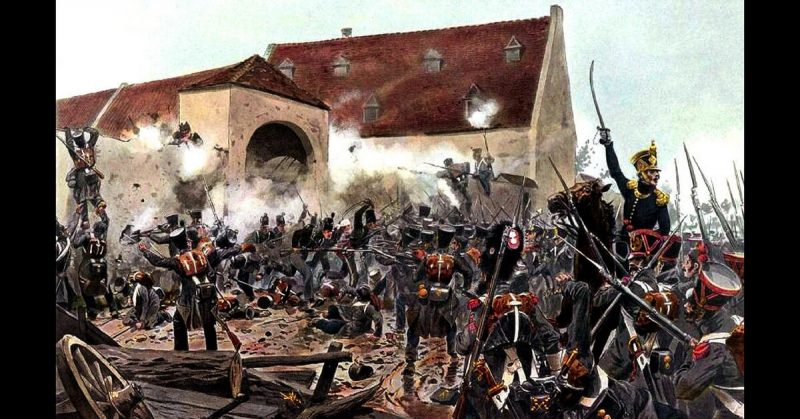Arthur Wellesley, the Duke of Wellington, was Napoleon’s most famous opponent. In 1808 he led the British, Spanish, and Portuguese forces that defeated the French in the Iberian Peninsula and then invaded France. At the Battle of Waterloo, in 1815, he led British, Dutch, and Belgian troops to victory over the resurgent Napoleon. He remains a fascinating figure in British history.
Younger Son
Wellington was a younger son of Anglo-Irish nobility. He was born on May 1, 1769, in Dublin. His older brother Richard helped his early career. Richard was a gifted politician who supported Arthur in his rise through the military ranks. As Governor-General of Bengal, Richard acted as patron while they were both serving in India.
A Politician as Well as a Soldier
Although best remembered as a general, Wellington was also a politician. He sat in the Irish parliament in the 1790s and later became British Prime Minister, twice.
A Career Crafted in India
Wellington first came to prominence as a commander while serving in India in the late 1790s and early 1800s. He defeated a series of local leaders in battle, consolidating and expanding British territory in the subcontinent. He played an important role for Britain obtaining control of the whole region.
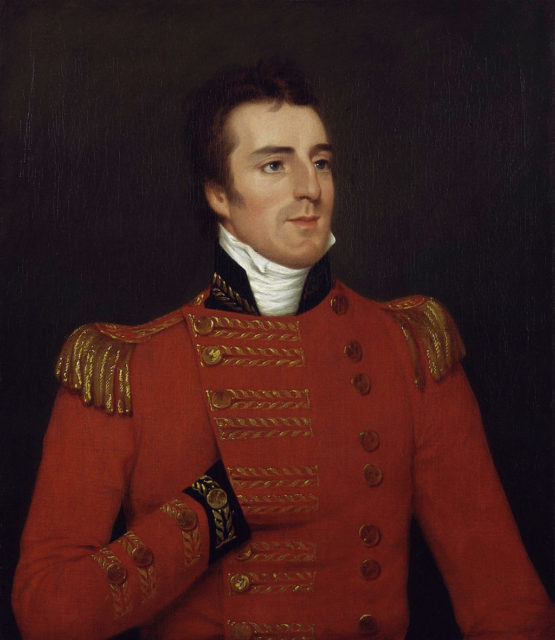
Short on Sleep
When necessary, Wellington could keep going for a long time on very little sleep. In the four days in the lead-up to the Battle of Waterloo and the battle itself, he had only nine hours sleep. He often stayed up until three in the morning organizing his army.
Giving Up His Bed
At Waterloo, one of his staff officers was severely injured. Having had his leg amputated, there was no certainty he would survive. Wellington gave him his bed and slept on a couch instead.
He was woken during the night with the sad news that his colleague had died.
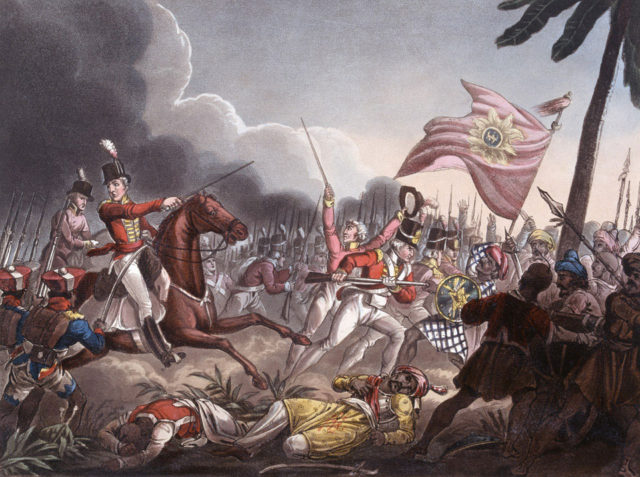
A Front-Line Commander
Like many commanders of the era, Wellington led from the front. He frequently came close to death due to artillery or small arms fire. He had several horses shot out from under him and bullets regularly left holes in his clothes and equipment. At Waterloo, a cannonball narrowly missed both Wellington and his horse and instead hit the unfortunate man next to him.
His closest call came at Orthez in 1814 when a French musket ball hit the buckle of his sword-belt. It left a bruise on his thigh, but it might have killed him.
A Grey View of his Troops
Wellington expressed views on his soldiers that appear confusing. On the one hand, he repeatedly referred to British infantry as scum. On the other, he talked in admiring terms of their achievements and emphasized they were the tools he needed to win battles.
Those apparently contradictory views show a sophisticated understanding of his soldiers.
He did not see the men as either good or bad. He understood that many had joined the army to escape; out of desperation or to avoid the consequences of their life choices. He knew they could be rebellious and prone to drunkenness. He saw that fresh recruits such as those at Waterloo were often very ineffective. He also understood that, with discipline and experience, they could become a fearsome fighting force.
Visiting St Helena
The victory at Waterloo led to Napoleon’s banishment to the Island of St Helena. Wellington understood well what life on the Island was like. On his journey home from India in 1805, he had stopped off at the isolated Atlantic island and stayed in the same building to which Napoleon was later exiled.
A Believer in Flogging
The love many of Wellington’s men showed him was not inspired by kindness. Wellington was a harsh disciplinarian who believed that strict punishments were needed to keep soldiers in line. He did not think imprisonment in barracks deterred men from serious failures of discipline. Instead, he advocated the regular use of flogging; the infamous cat o’ nine tales inflicting enormous pain. For more serious offenses, there was the option of shooting or hanging.
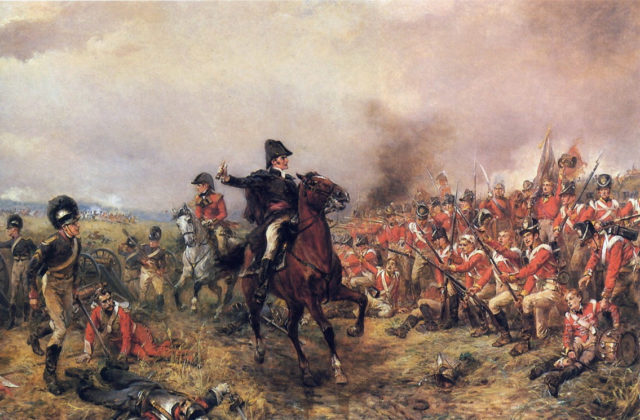
Dreaming of Reformed Officers
Although a member of Britain’s traditional aristocratic officer class, Wellington saw deep flaws in the arrangement. Having obtained their commissions through wealth and family connections, many of the officers were as undisciplined and neglectful of their duties as their soldiers. It caused problems for the general, who wrote several times about the need for reform to force junior officers to pay attention to their work.
Seditious Methodists
Of the many faults Wellington saw in his soldiers, one of those that concerned him personally was their indifference to religion. He believed the army chaplains were largely ineffective, weakening the character of his men. Methodism was the dominant religion in the British working class. He viewed it as a seditious influence and wished for better chaplains to keep the troops on the Anglican straight and narrow.
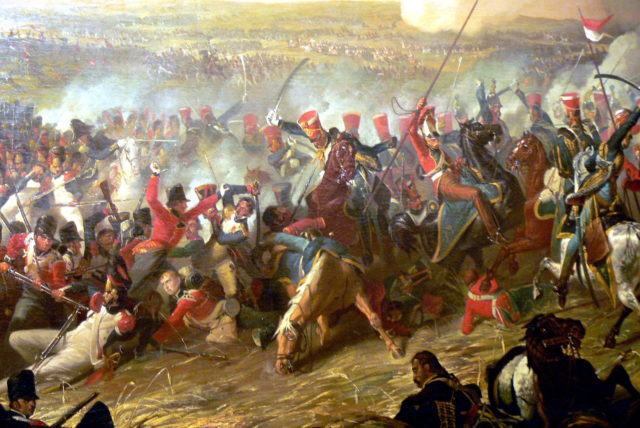
A Gifted Writer
Wellington had a gift for clear, concise writing. It was demonstrated in his many written orders, which gave enough information to avoid confusion while avoiding lengthy documents.
No Foraging
Some armies of the period lived off the land, foraging for supplies or demanding them from the local population as they went. Wellington avoided doing so. Instead, he purchased supplies and sent them with the army.
He had two reasons for his approach.
The first was his men. He thought that if they were permitted to go off pillaging, they would take the opportunity to get drunk and misbehave.
Secondly, he found it was a better way to keep supplies flowing. If locals feared robbery, looting, and seizure of property, then they would flee. The local economy, which provided the food, would vanish. If they brought supplies with them or paid locals for food, then he might sometimes have to pay above the odds, but supplies were ensured.
Source:
John Keegan (1987), The Mask of Command
